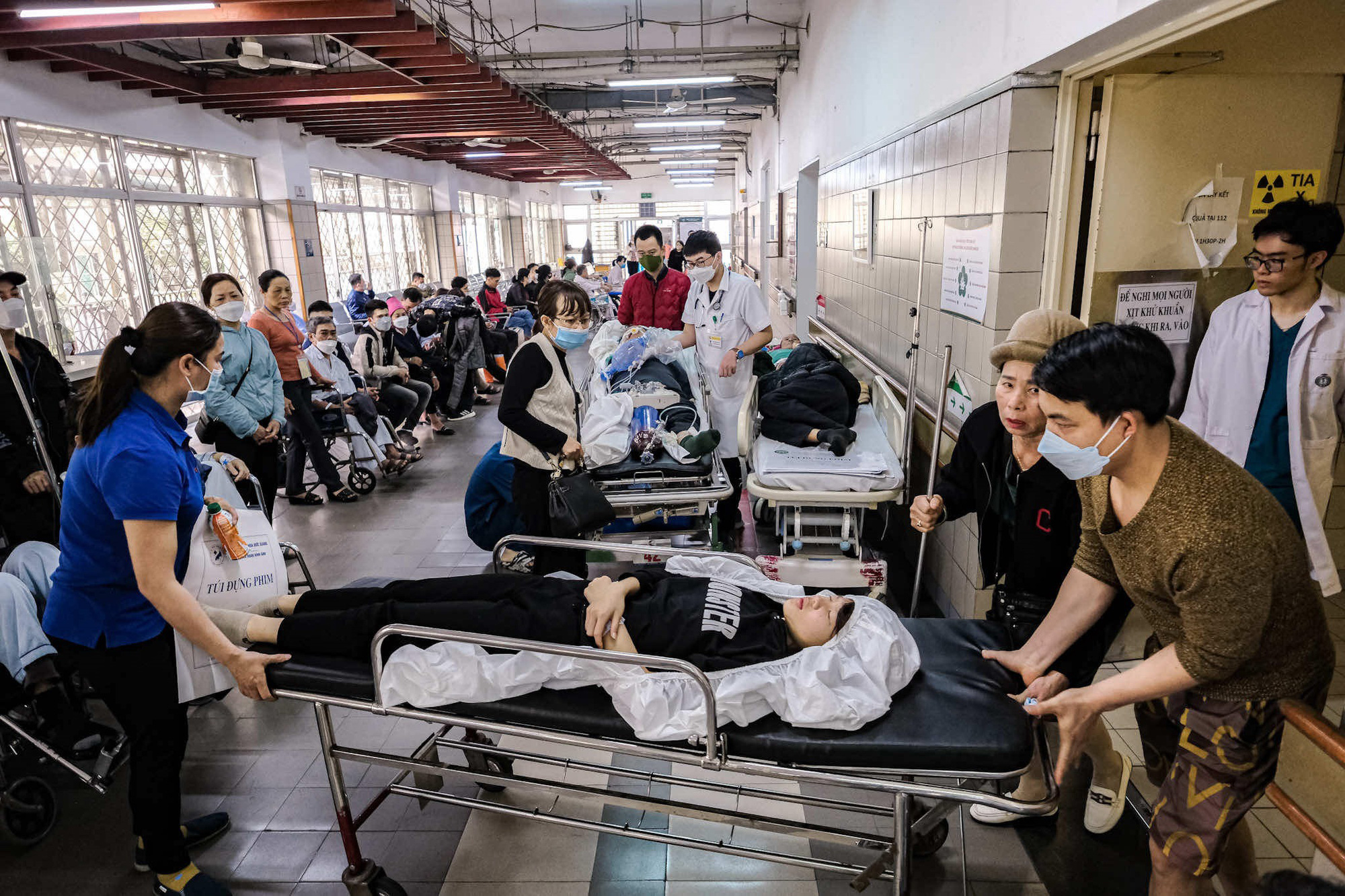
People come to a hospital for medical examination and treatment - Photo: NAM TRAN
Recently, answering voters about the fact that hospitals still lack medicine and medical equipment for medical examination and treatment, Minister of Health Dao Hong Lan said that there is still a 'local' shortage in some hospitals.
Speaking with Tuoi Tre, the leader of a hospital in Hanoi shared that after implementing bidding and purchasing of drugs and medical supplies according to new regulations, there have been many advantages, but there are still certain difficulties leading to some drugs and medical supplies not meeting the needs of medical examination and treatment.
Bid rejection due to low bid price
"Compared to the previous stage, the instructions on bidding and purchasing have become easier to implement. However, it is still necessary to go through the steps according to regulations, so it still takes time.
Therefore, the bidding and procurement of medical equipment has not yet met the expectations of hospitals and patients, and some categories of drugs and medical supplies have not yet completed procurement," he informed.
Speaking with Tuoi Tre, the leader of a hospital in Quang Ninh said that bidding and purchasing of equipment, medicine, and medical supplies has been more favorable but there are still difficulties, especially failed bids.
This person shared that currently when building the bidding package, the hospital still maintains the lowest price. However, with such a price, contractors cannot bid. While market prices fluctuate, raw material sources are interrupted, prices increase... with such a bid, they will not make a profit, so the number of bids is very large. In which, it mainly falls into the group of common drugs.
The most difficult problem is still the failure to bid due to low bidding prices and no contractors participating in the bidding documents. Currently, the Bidding Law mainly focuses on investors and does not have policies related to contractors and suppliers. Therefore, when they do not see economic benefits, they will not participate in bidding, leading to an uncertain supply source.
In addition, some drugs are in short supply, leading to disruptions.
Dealing with urgent tenders
The leader of a hospital in Quang Ninh shared that the hospital is still providing basic medicine and medical supplies for people. In case of losing the bid, the hospital will make up for it by purchasing in an emergency. With this bid, the hospital can make immediate purchases, ensuring that the bid price is in accordance with regulations.
Sharing with Tuoi Tre about this issue, the leader of a second-class hospital in Hanoi said that according to current regulations, bidding and procurement have become more convenient. However, it takes time for hospitals to invite bids according to the new regulations.
Hospitals also face difficulties due to bidding failures for some drugs. For drugs used in emergency situations, hospitals can apply designated bidding in urgent situations. That is, when bidding is opened, if there is no winning bidder, the hospital will have to apply designated bidding to ensure the medical examination and treatment needs of the people.
"However, this option is only applicable to bidding packages under 50 million. Depending on the type of medicine, some can only be used for 1 to 2 months. Some can only be used for a few weeks. Meanwhile, the time to open the bid and complete the bidding takes 2-3 months. Therefore, the hospital must be flexible in handling the actual situation," he said.
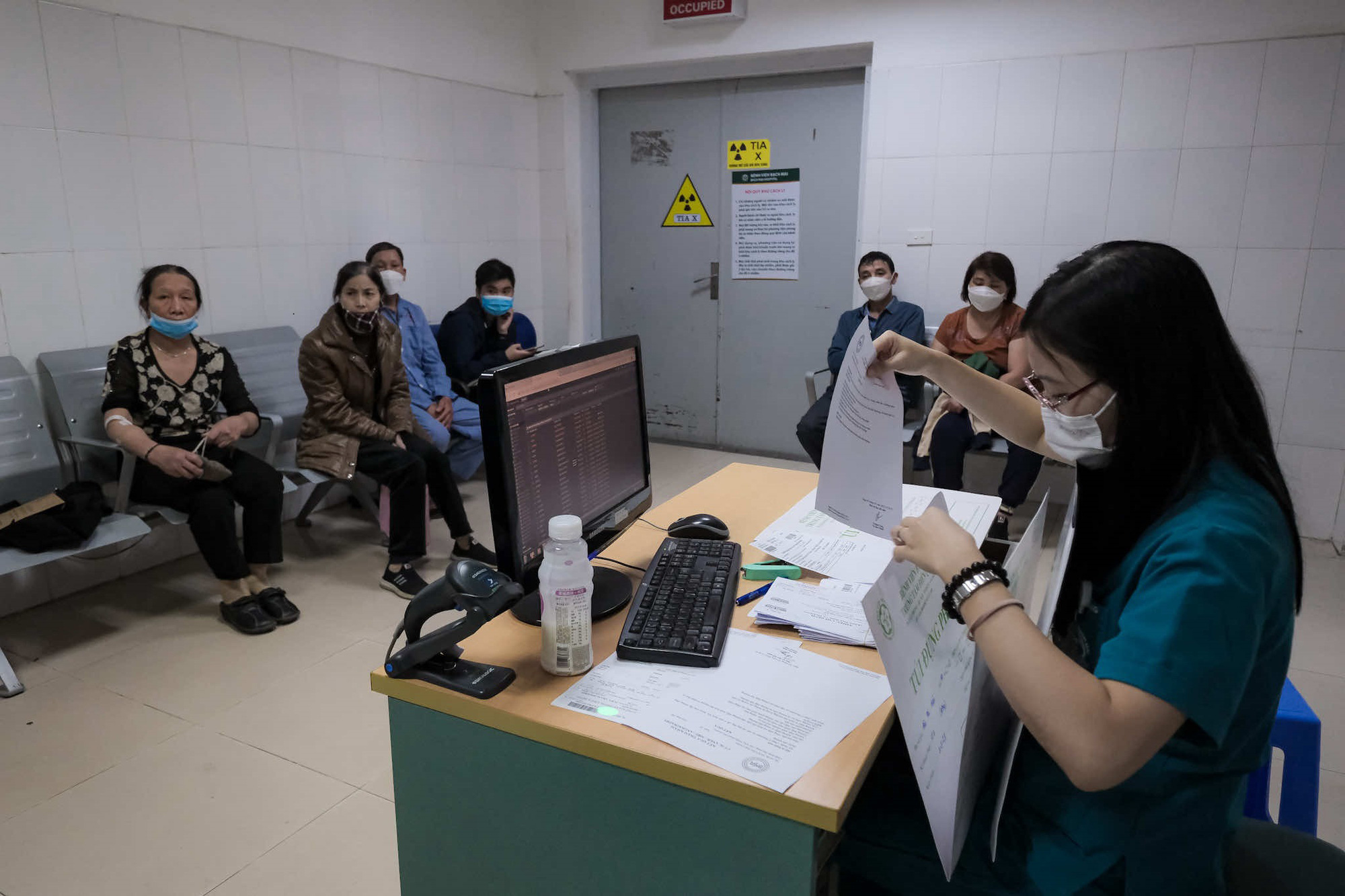
People come to a hospital for medical examination and treatment - Photo: NAM TRAN
It is not easy to choose a high-priced bid package.
The leader of a hospital in Quang Ninh province said that although there are currently regulations allowing medical facilities to choose contractors with higher prices, there are also regulations requiring assurance and explanation when choosing this contractor.
In fact, this is also what makes hospitals "cautiously" implement. Hospitals have thousands of bidding packages, if they have to explain this issue all day, it will also make it very difficult for hospitals.
The leader of a second-class hospital in Hanoi also said that recently when the hospital chose a bid package with a high price, it was also "reminded". He said that applying the option of a bid package with a higher price is not easy to implement.
In addition, the social insurance inspection agency will also request explanations and comparisons with hospitals of the same rank. If it is not reasonable, they can refuse to pay. Therefore, hospitals are also very careful when implementing such bidding packages.
Ho Chi Minh City deploys many solutions to overcome
Mr. Nguyen Hoai Nam - Deputy Director of the Ho Chi Minh City Department of Health - said that in order to promptly supply medicine to hospitals, the health sector has deployed an application to update the status of emergency medicine between hospitals. When a unit lacks medicine, it will look up the units with available medicine to promptly transfer to the unit lacking medicine.
The health sector has established a special task force with the task of regularly monitoring the drug shortage situation of the units. Each week, the units will report to the department via a link, and the department's pharmaceutical department will coordinate between hospitals for units at risk of drug shortage.
Mr. Nam added that with the bidding for drugs at the grassroots level, the department has also completed and prepared for the bidding. It is expected that by the end of September, drugs for grassroots health will be fully available, people coming to health stations will also have enough drugs, reducing the load on the upper-level health system.
With individual drug bidding, the Department of Health will organize inspection and supervision of bidding between units as well as grasp the drug supply situation for timely coordination.
Source: https://tuoitre.vn/thieu-thuoc-thiet-bi-y-te-cuc-bo-dau-thau-van-kho-khan-2024071508304748.htm


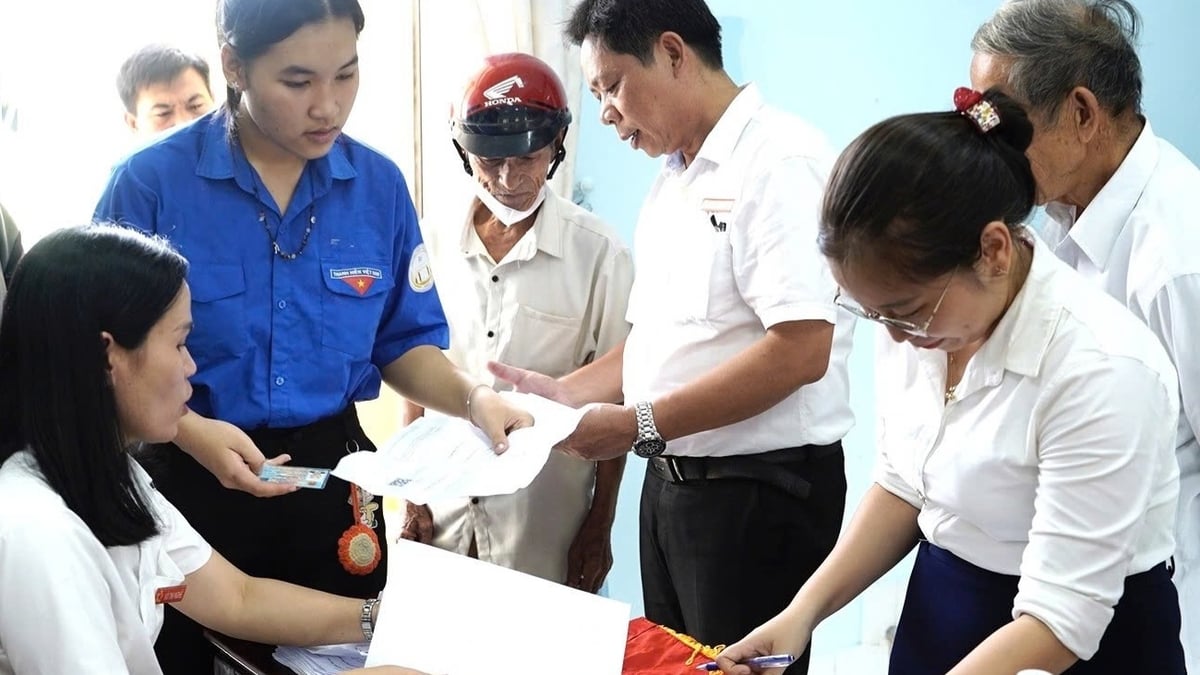
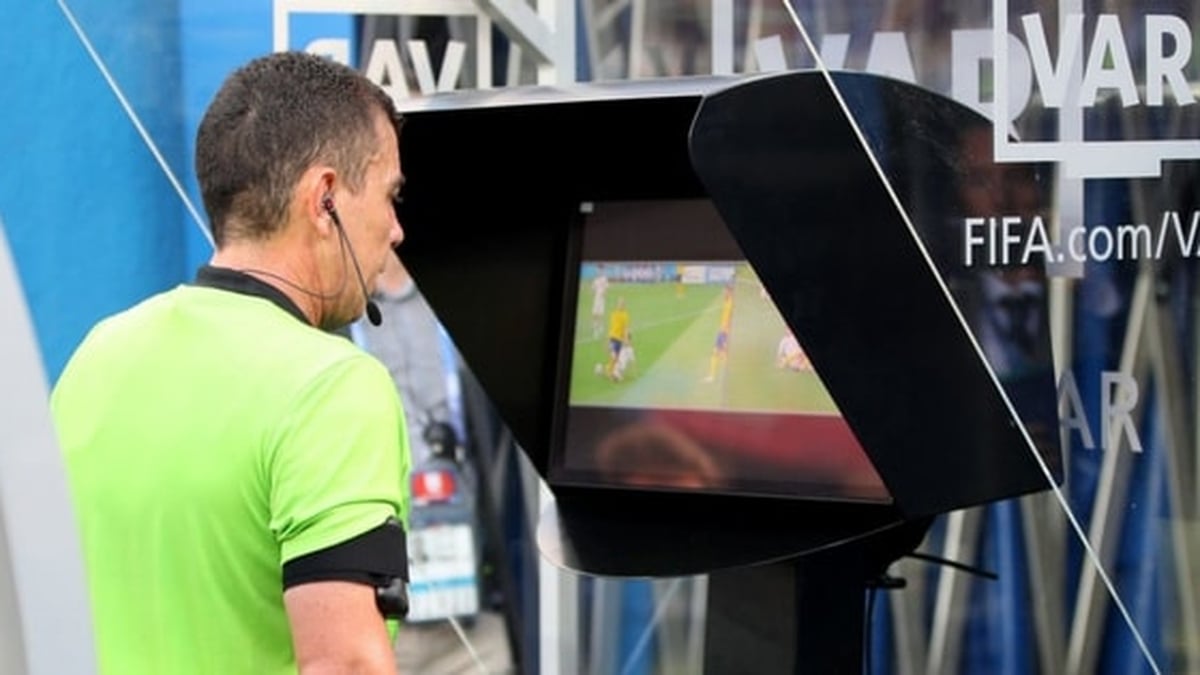


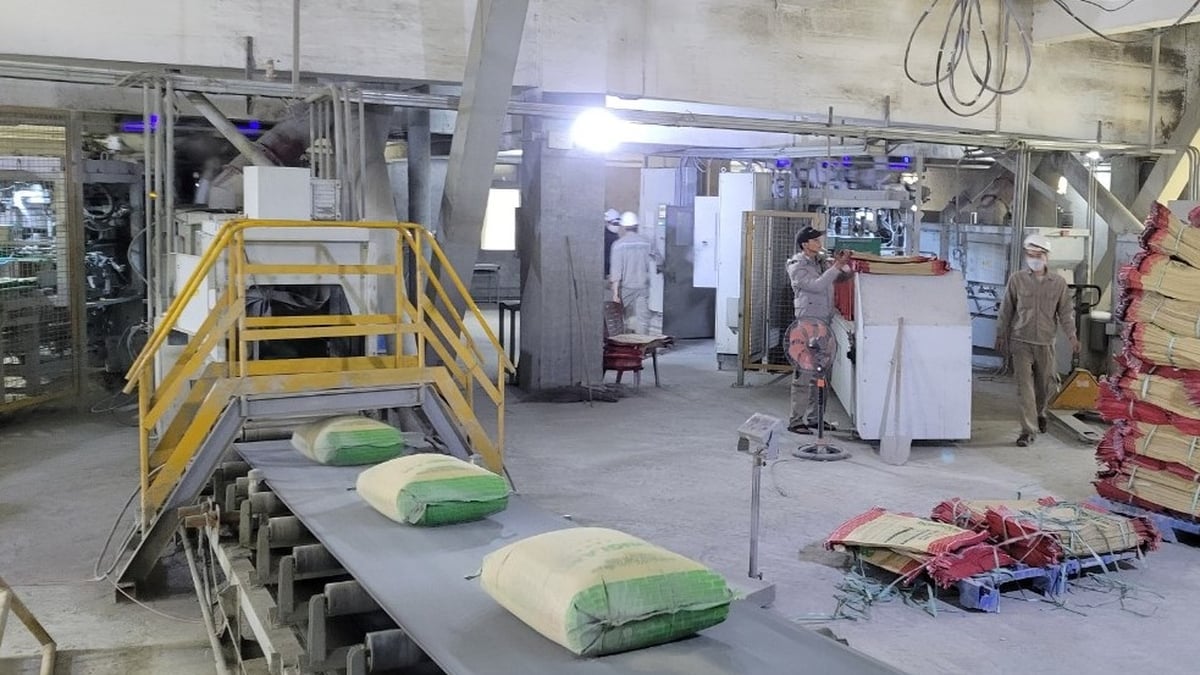


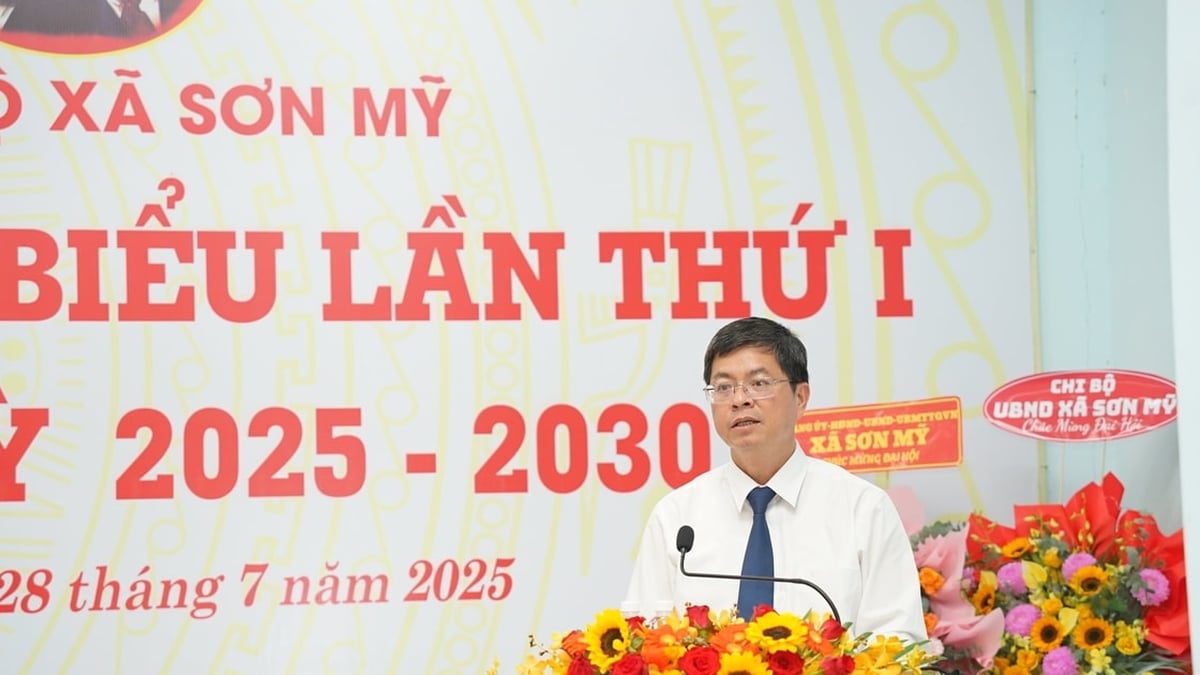
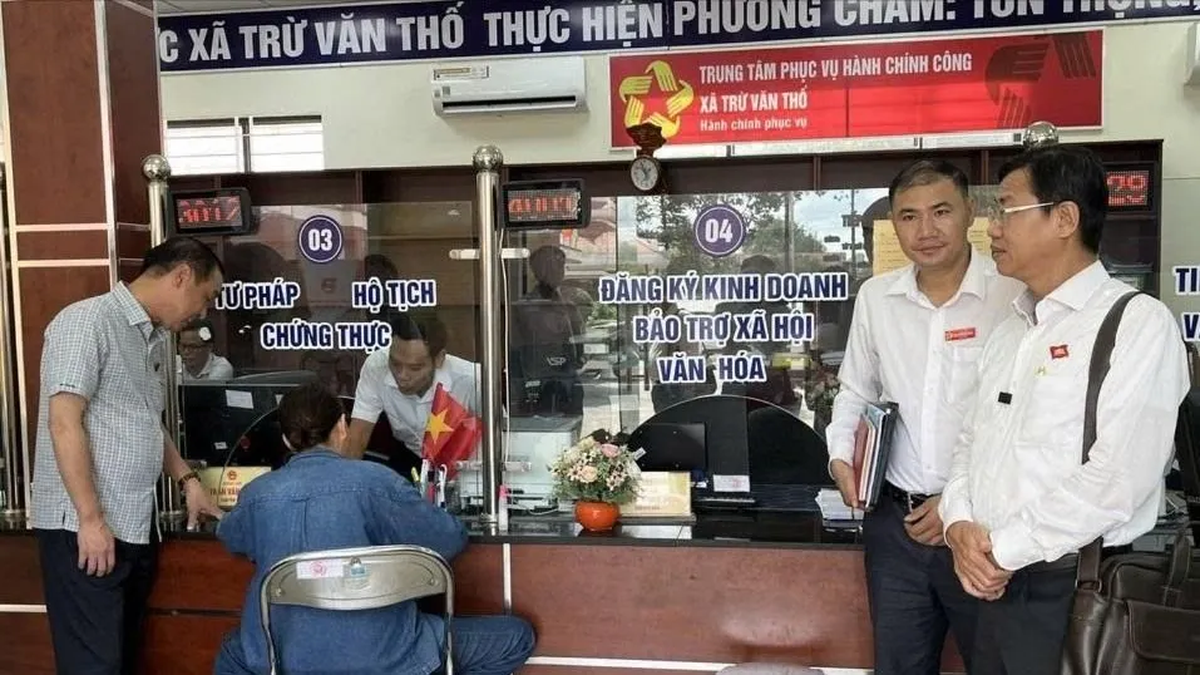
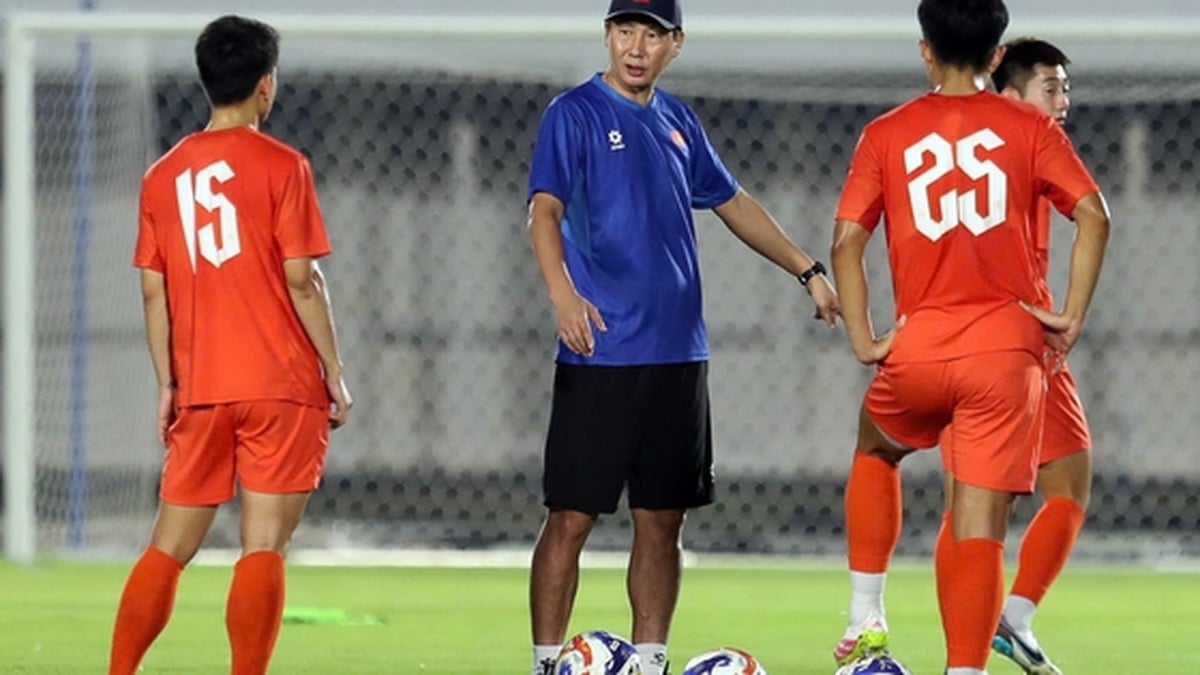










![[Photo] National Assembly Chairman attends the seminar "Building and operating an international financial center and recommendations for Vietnam"](https://vphoto.vietnam.vn/thumb/1200x675/vietnam/resource/IMAGE/2025/7/28/76393436936e457db31ec84433289f72)












































































Comment (0)